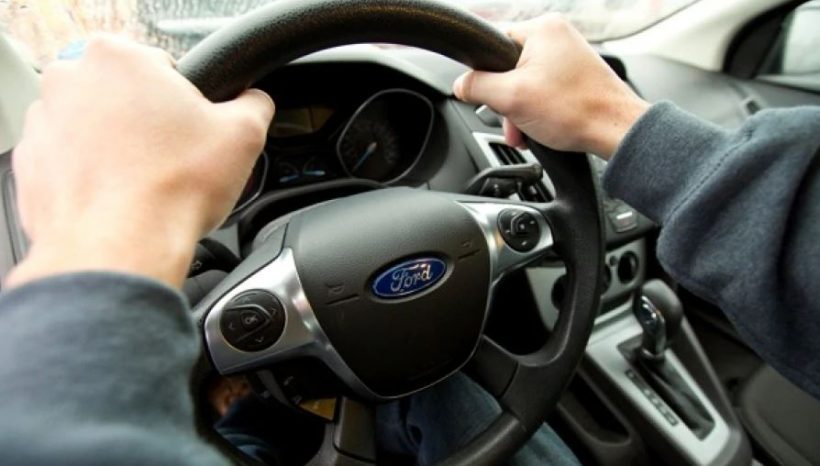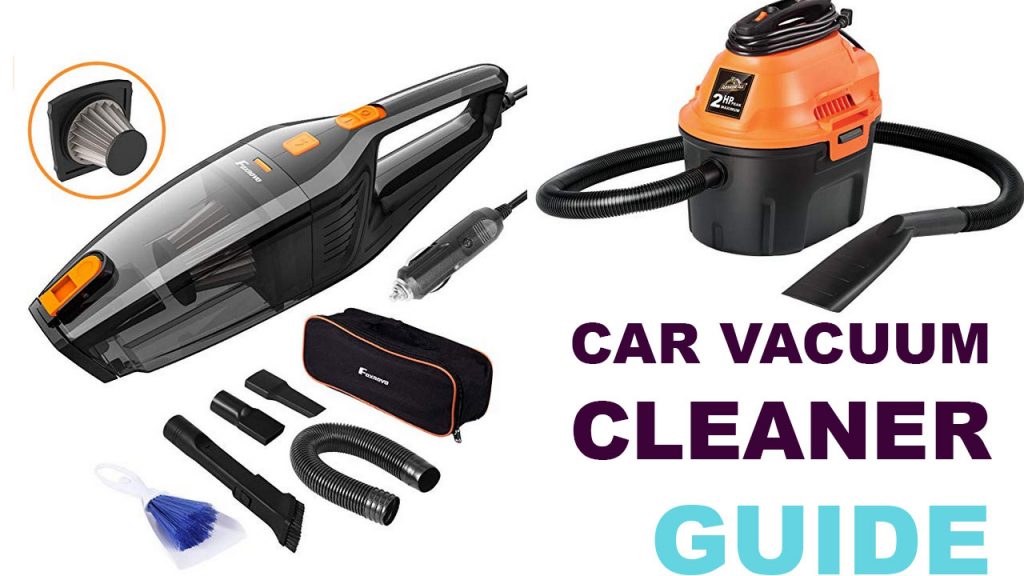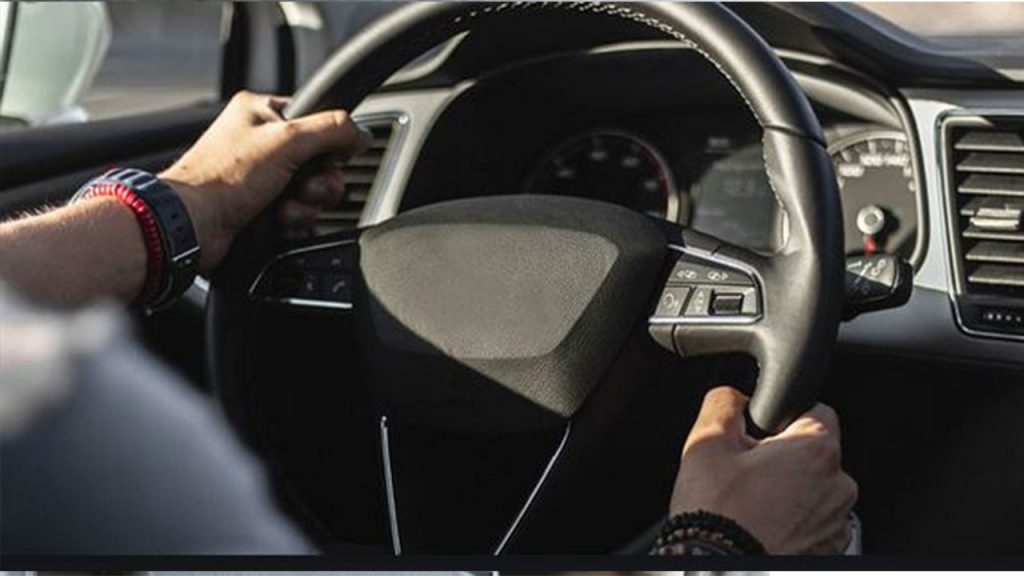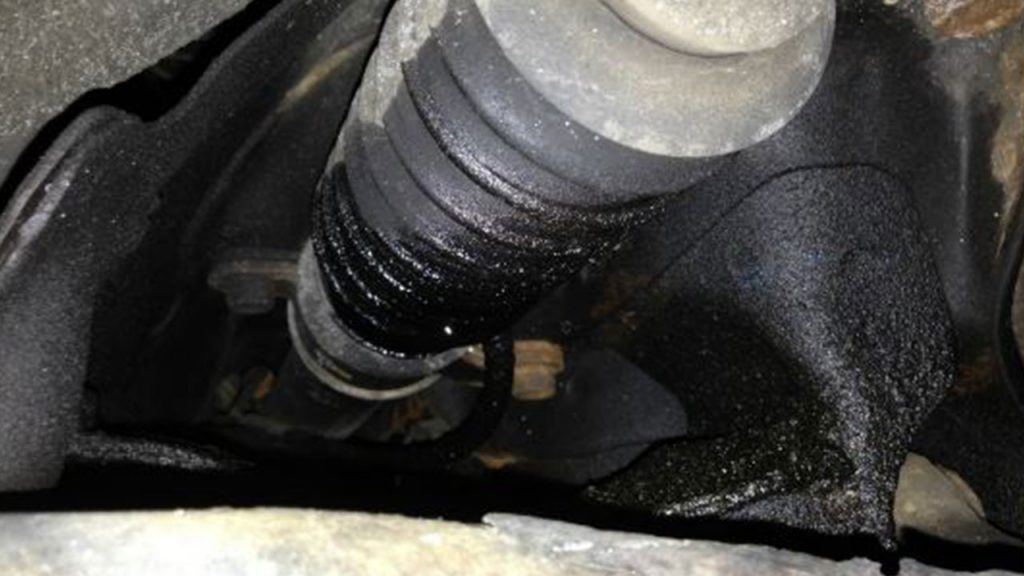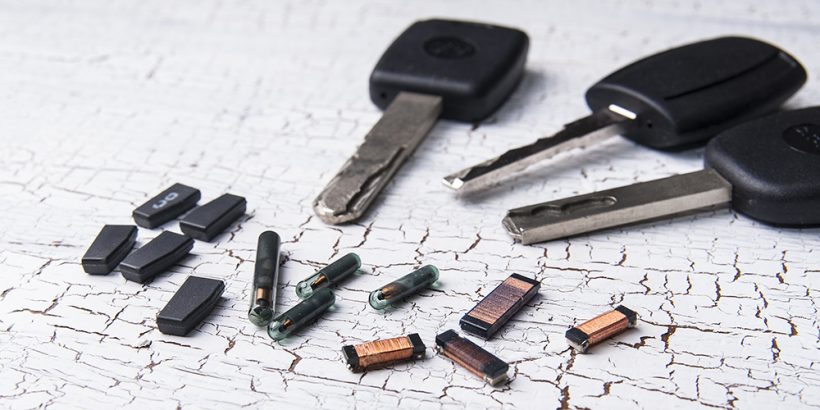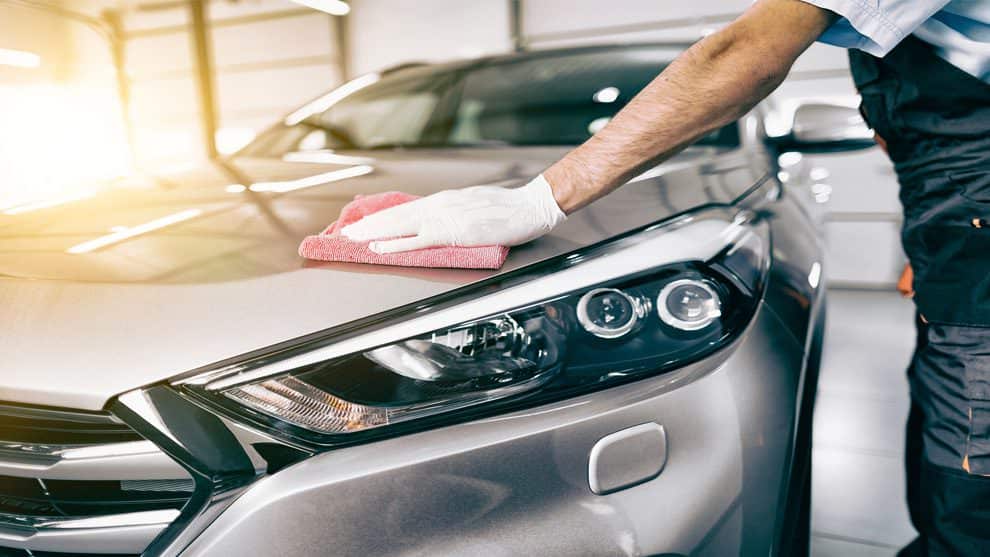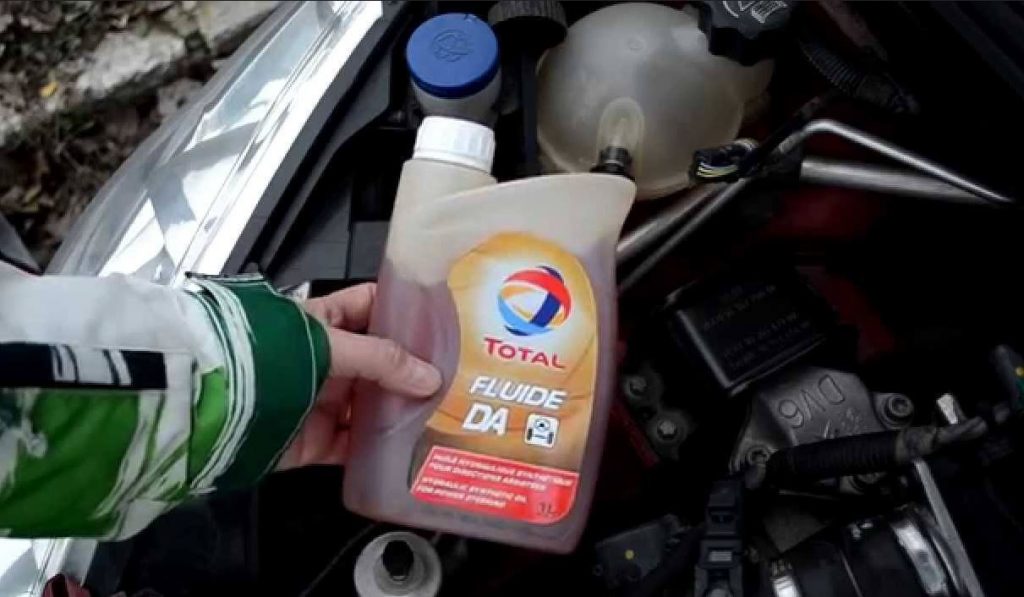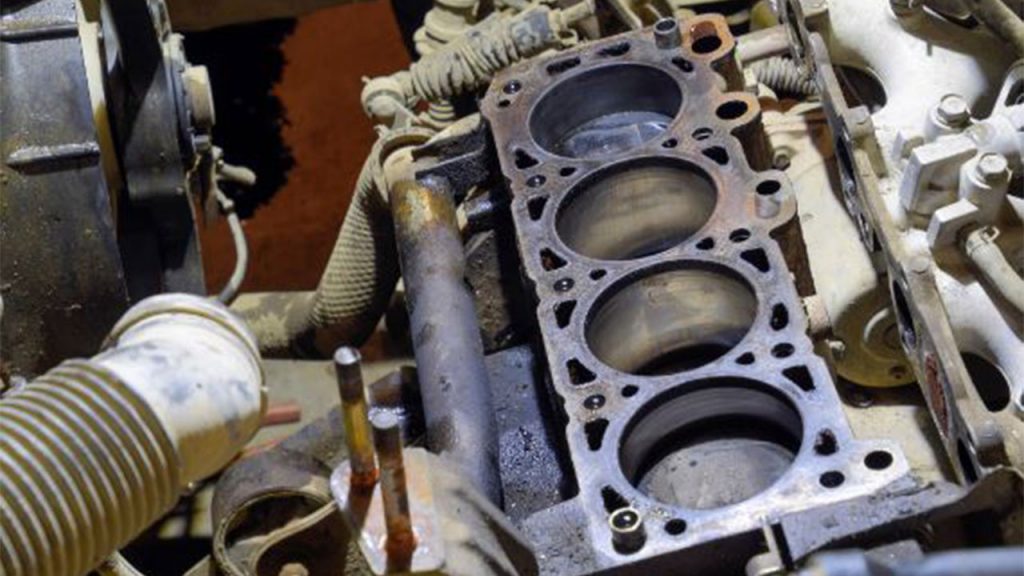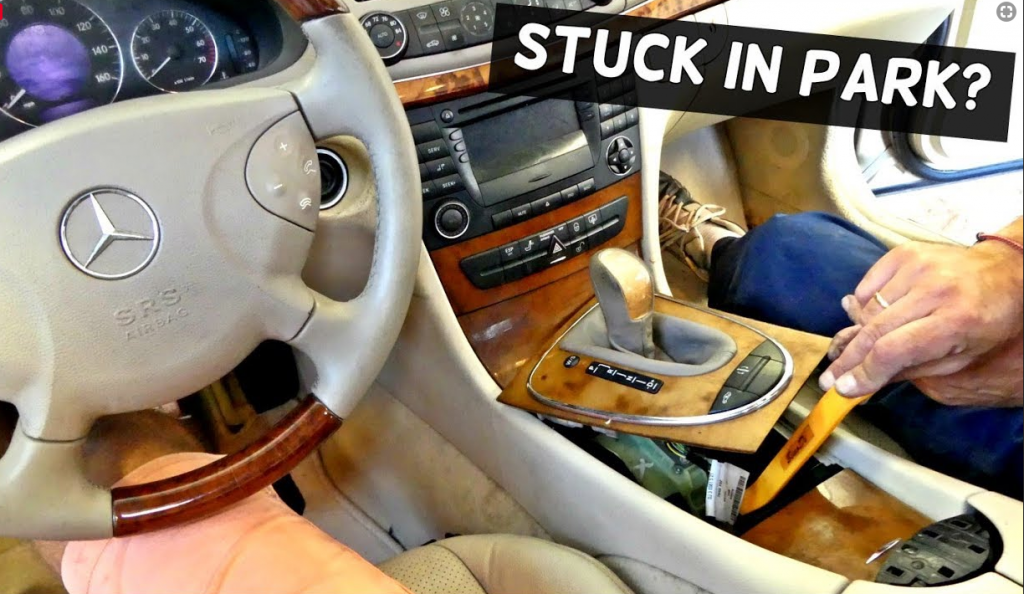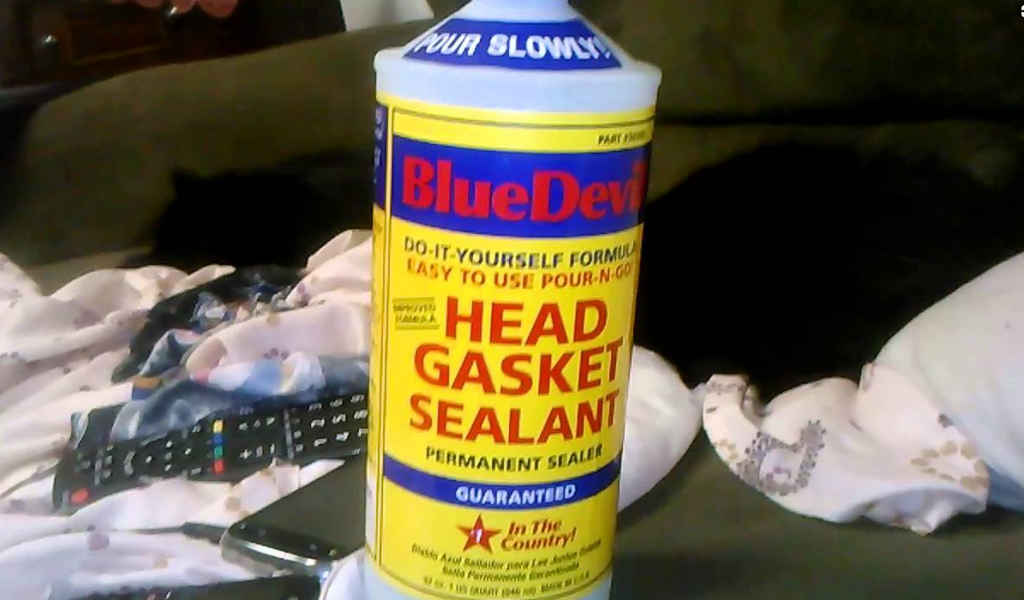Last updated on July 16th, 2023 at 10:32 am
Have you even been driving and then suddenly your car vibrates when accelerating at high speeds? Normally, a majority of cars shake when pumping the gas in a way that appears to tug when accelerating. This shouldn’t be an issue for concern as it may only require a fix repair. However, you shouldn’t use the car for long when you notice this issue to prevent accruing additional damages which can translate to extra costs.
If your car vibrates when accelerating at high speeds, it is entire different from when a car shakes when accelerating at low speed and is also different from when it wallops before coming to a halt. Therefore, you should be able to detect if your car shakes when accelerating at low speed, at high speed or even when on idle mode.
In this article, we would be looking at top 10 factors that cause your car to shake when accelerating at high speeds.
Related Article: 4 Reasons Why Car Shakes When Braking and Transmission Problems after CV Joint Replacement
10 Causes of Car Vibrates When Accelerating at High Speeds, Low, Idling.
1. Uneven Wheels
When your car shakes when accelerating at high speeds, it may be caused by uneven or lopsided wheels. Unbalanced wheels will have to put up with dissimilar burdens on each side, hence causing car shakes when accelerating at high speeds.
When driving, equal weights would are distributed on the wheels. However, when the wheels are uneven, the car vibrates when accelerating from stop. When driving, you can even feel the shaking and vibration in the steering wheel particularly when on high speed.
To fix
To avoid uneven wheels, it is advisable to place your car on a balancing device while changing them and place small tire weights to balance it. At any time you notice car vibrates when accelerating at high speeds, first check if your wheels are properly balanced.
2. Twisted Axle
A twisted axle can cause car shakes when accelerating and idling, particularly when your car was engaged in an accident (It doesn’t have to be a major accident; even a minor accident can lead to a twisted axle).
So, if your car shakes when accelerating but not when coasting, it is advisable to check your axle properly for any form of defect. A twisted axle can cause car shakes when accelerating at high speeds, or even car shakes when accelerating transmission.
To Fix
If your car vibrates when accelerating at high speeds, then you have to replace immediately as leaving it unchecked for long can lead to more damages.
3. Wrecked Car Mount
Car mounts function like shock absorbers in the vehicle, which soaks up the engine shakes thereby reducing the impact. It links the car mechanism to the structure of the car body. Owing to its function as the shock absorber, if there is wreckage on the vehicle mount, you notice the shakes strongly. Not only that, other components are also at risk of losing alignment and possibly damage because of the wrong positioning of the engine.
Car shakes when accelerating and idling may be as a result of faulty car mount. Though the car shakes when on idle, but it becomes more pronounced when accelerating on speed.
To Fix
Simply change the faulty mount with a new one to stop the shakes or vibrations. Unfortunately, you will have to keep changing the car mount after changing the original one because the others damages easily after the first replacement.
4. Deformed Brake Revolver
A faulty brake revolver mostly results in car shakes when accelerating transmission. Car shakes when accelerating at low speed or at high speeds can be as a result of a damaged brake revolver which triggers a fault in the brake calipers and pads. This fault causes the braking system to experience asymmetrical distribution of air pressure when the brake pedal is engaged.
To Fix
A faulty brake revolver will need to be replaced when detected to curb additional damages from resulting.
5. Wrecked Internal CV Joint
A CV connection is situated at the edge of every axle, and it might be an interior or exterior link. So, when your car shakes when accelerating but not when coasting, it may be as a result of a defective internal CV joint.
So, when your car vibrates when accelerating from stop or vibrates when you hit the gas, the fault could be from a wrecked inner CV joint.
To Fix
Early detection and replacement of a damaged internal CV joint prevents the condition from deteriorating, particularly when your car is loaded.
A split in the connection boot can trigger the CV joints to break, causing grime to mix with grease. Also, the liquid could leak into the boot and ruin the lubricant that shields the metal joints. When this insulation is missing, it won’t work efficiently and would require to be replaced.
6. Loose Heave Screws
Loosened heave screws can cause car shakes when accelerating transmission and car vibrates when accelerating at high speeds. This fault becomes a problem that can result in more preceding fault. When the heave screws on the tire go slack as a result of excess use, your car vibrates when accelerating at high speeds.
To Fix
Ensure you tightened loose heave screws when they go slack else it can cause the heave to detach and your tire will roll off while your car is in motion, and the resulting effect can be life-threatening. It is advisable to tighten screws with a flexible wrench or wheel iron on occasional basis, just to guarantee your safety and those of other passengers.
7. Wedged Brake Caliper
Another reason why car shakes when accelerating but not when coasting may be a faulty brake caliper. It may likely wedge when you hit the brake pad, causing car shakes when accelerating at high speeds. The shaking becomes more apparent when you are on high acceleration. You may also pick out a burnt smell from the brake pad when you stop the car. This burnt smell signifies a wedged brake pad.
To fix
You should be able to use the smell to spot out where the damage is emanating from. Scrutinize all gears of the braking mechanism meticulously. Check if the parts are completely damaged. If they are still okay, then lubricate the wedge
8. Twisted Driveshaft
A car vibrates when accelerating from stop may be caused by a twisted driveshaft. The driveshaft may develop a defect in an accident, no matter how trivial and start causing shakings to a car when on acceleration.
To Fix
It is advisable to replace the driveshaft when replacing the axle.
9. Smudged or Spoilt Spark Plugs
Grimy or faulty spark plugs can cause car shakes when accelerating at low speed or even at high speed. Spark plugs are responsible for starting the motor. When they get grimy or broken, they can cause it to fail. This backfire can result in car shakes when accelerating check engine light flashing and other potential damages to your car.
To Fix
It is best to check the spark plugs of your vehicle if you’re uncertain of what is causing car vibrates when accelerating at high speeds. Change your spark plugs if they are faulty or dirty to prevent malfunction.
10. Detached Vacuum Tube
Car shakes when accelerating check engine light flashing or car shakes when accelerating but not when coasting may be as a result of a little cut vacuum tube. A faulty tube will allow passage of air and may cause serious car shakes when accelerating and idling or car shakes when accelerating at high speeds.
To Fix
This setback may result to more major damages than just car shakes. To rectify the issue, check all the tubes to make certain that there is no tear on them and that they’re correctly attached. If you notice any disconnection, then re-attach them back appropriately and replace torn tubes with more hardened silicone tubes.
Wrap Up
Vehicle vibrations cause discomfort to the passengers as well as the drivers. This is why you should take measures to see that the causes are corrected and replace faulty car parts. Ensure you regularly take your car in for an expert examination to enable them to detect any impending defect.
Pay attention to the brake system and wheels, ensure that they all have enough, and equal pressure. Most people love driving fast and wouldn’t like it if the car shakes when accelerating.
What to Read Next: Why New Brakes is Squeaking at Low Speed
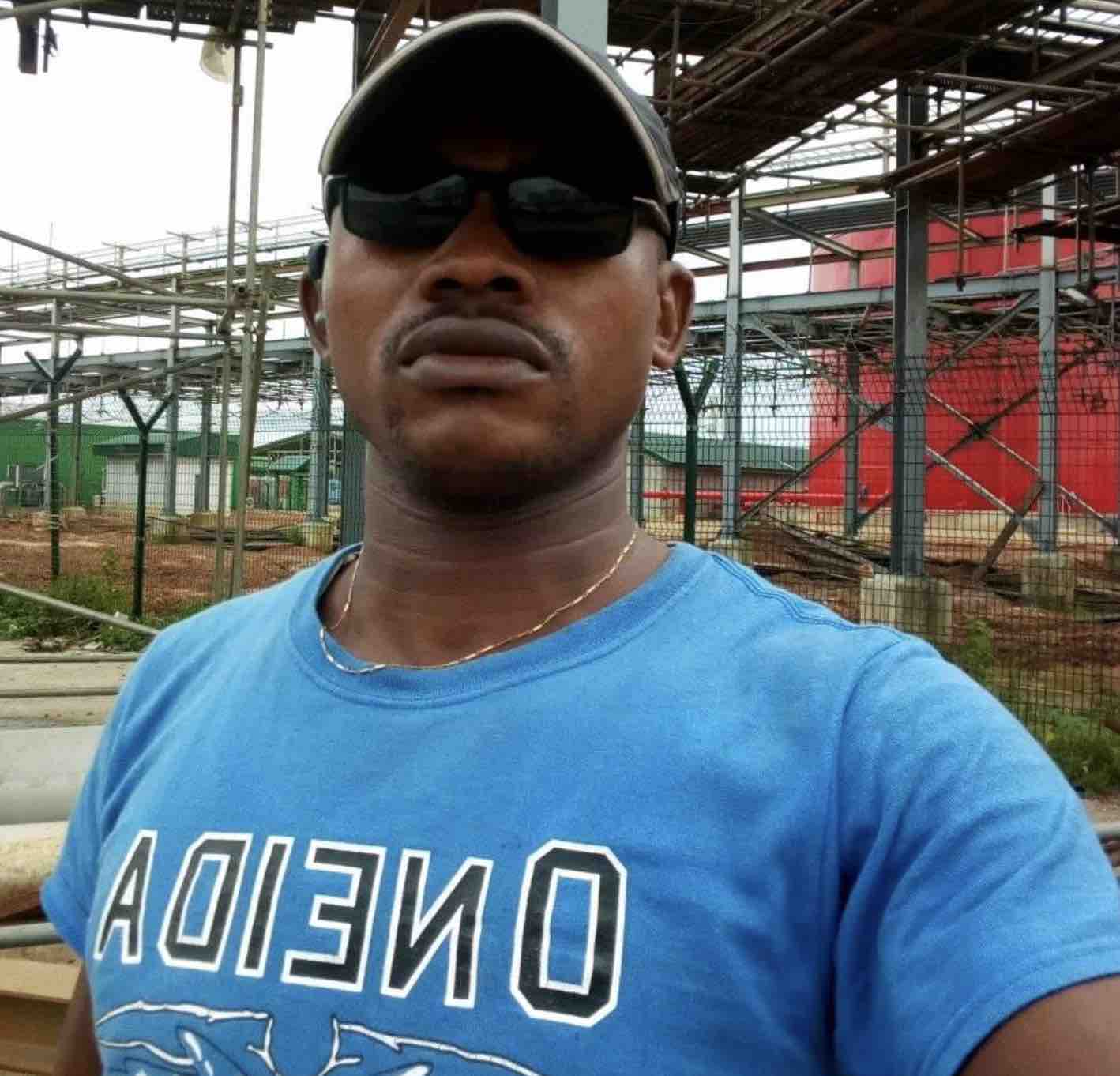
Hi dear, my name is Jeffery Ekweghi, and I am a certified mechanic and autobody parts technician. I created this site to share my expertise and experience with car lovers looking to resolve their car-related issues. I am certified in private cars and heavy-duty commercial vehicles. I have worked as a mechanic since 2015 and have experience in vehicle brands like Subaru, Jeep, Toyota, TATA, BMW, Mazda, Honda, Nissan, Kia, TVs, and Others; however, I primarily specialize in Toyota vehicles.

